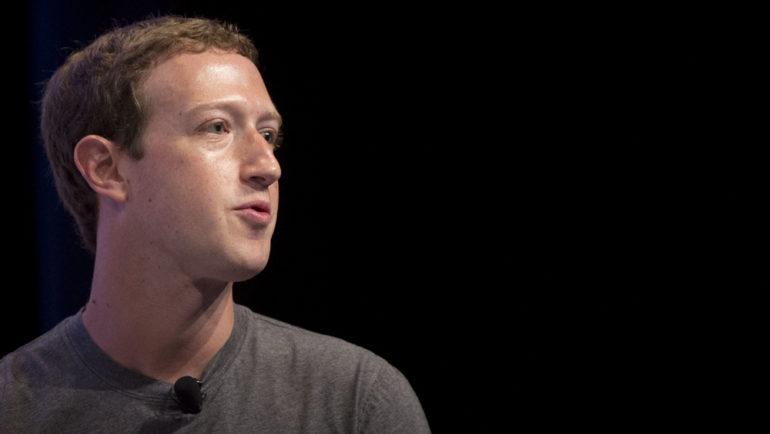Mark Zuckerberg Outlines New Privacy Strategy for Facebook, Including Messages That Expire
By Todd Spangler
LOS ANGELES (Variety.com) – Mark Zuckerberg, in a revamp to Facebook’s approach to privacy after a series of scandals, is pledging that the company will take new steps to protect the privacy of its more than 2 billion monthly users.
The CEO and co-founder posted a nearly 3,300-word manifesto Wednesday, outlining a new vision for privacy on the world’s biggest social platform.
“I believe we should be working towards a world where people can speak privately and live freely knowing that their information will only be seen by who they want to see it and won’t all stick around forever,” he wrote. “If we can help move the world in this direction, I will be proud of the difference we’ve made.”
Among the points of Facebook’s new privacy plan: Zuckerberg said Facebook will introduce a way to make messages time-out, so that they will vanish by default after a preset time limit — for example, one month or within just a few seconds — with users able to control when their messages disappear.
It’s another instance of Facebook copying Snapchat, which was founded as an app for self-destructing messaging. Previously, after Instagram, Facebook and WhatsApp adopted the “Stories” format pioneered by Snap. According to Zuckerberg, Facebook also plans to limit how long the company retains metadata for messages once that info is no longer needed for spam or safety controls.
Zuckerberg said the company’s messaging apps also will employ end-to-end encryption, while monitoring for illegal use like child exploitation, terrorism and extortion; Zuckerberg noted that WhatsApp already encrypts messages.
On another front, Facebook will allow users to opt in to send or receive messages across any of its services — Messenger, WhatsApp and Instagram — and then to extend that to wireless SMS messaging as well. On Android devices, Messenger users can currently send and receive SMS texts.
In addition, according to Zuckerberg, Facebook will no longer retain data in countries with “weak records on human rights like privacy and freedom of expression,” even if that means the company will have to shut down or postpone operations in a country.
The new promises from Zuckerberg come after a series of damaging disclosures in the past year involving significant user-information breaches and revelations about Facebook’s questionable business practices . Lawmakers around the world made a show of demanding answers from Facebook about the lapses and how the company will rectify the issues.
Meanwhile, Facebook plans to release a “clear history” feature sometime in 2019 , CFO David Wehner said at an investment conference last week. He added that new privacy controls will hamper Facebook’s ability to serve targeted ads and put pressure on ad sales.
“Privacy is a headwind for us in 2019,” Wehner said, speaking at Morgan Stanley’s 2019 Technology, Media & Telecom Conference. “It’s one of the factors that’s contributing to our expected deceleration of revenue growth throughout the year.”
In his blog post, Zuckerberg acknowledged that there will be skeptics about Facebook’s pledge to strengthen user privacy.
“I understand that many people don’t think Facebook can or would even want to build this kind of privacy-focused platform — because frankly we don’t currently have a strong reputation for building privacy protective services, and we’ve historically focused on tools for more open sharing,” he wrote. “But we’ve repeatedly shown that we can evolve to build the services that people really want, including in private messaging and stories.”

